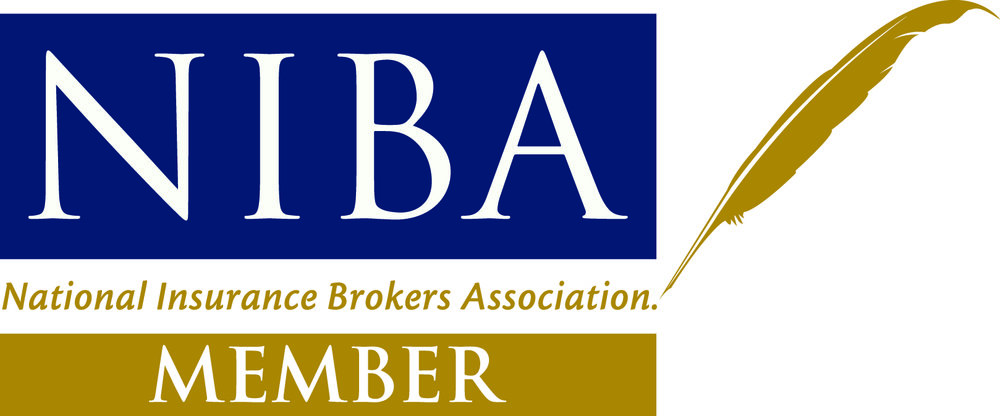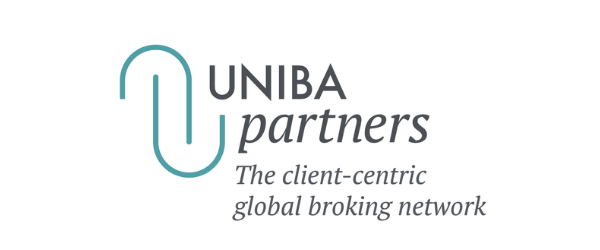Insurance Glossary
If you’re not used to insurance terms it can feel like we’re speaking another language.
To help you understand here is a list of the most used insurance terms as a handy insurance glossary reference.
Need help to understand any of the terms in this insurance glossary? Talk with one of our insurance brokers.
An assessor is the person tasked with checking the details of a claim to see if it meets the terms and conditions of a policy. They are the focal point for the insurer on the claim and are the person that organises inspections of property and communicates with other parties involved in a claim.
Accidental damage is cover against a one-off event that causes damage to your property.
Agreed value is the amount for which you and your insurer agree to insure a motor vehicle.
An asset is something with monetary value that is covered by an insurance policy, such as a car or a property.
A benefit or settlement is what your insurer provides you when your claim is processed and agreed, and can include a financial payment, or repairs.
An insurance broker is a rick adviser who represents an individual or business to help them find appropriate insurance cover for their needs. They also manage the claims process, and represent the insured party in that process.
A claim is the formal notification to your insurer that you have suffered a loss that you believe is covered by your policy.
Coverage is the details of what you’re covered for in your insurance policy.
The cooling-off period is a window of time that allows you to walk away from a policy and have your money refunded.
A certificate of Insurance is a document that provides evidence of an issued policy.
A cash settlement is a sum the insurer may offer to finalise you claim in place or repairing or replacing the damaged or lost asset.
Duty of disclosure is the obligation on the insured party to tell the insurer of any relevant details about your circumstances that could be relevant to the insurer’s decision to issue insurance.
A discount is a potential reduction in your premium that may be offered by an insurer, usually linked to having multiple policies with the same insurer.
Defined events are the specific events that your insurance covers against.
Excess is the amount you must pay before your insurance policy activates and is stated on your certificate of insurance.
General insurance are policies that protect your property, and does not include personal insurance like life, and health.
Grace period is the period of time that an insurer may provide in case you miss a premium payment.
The General Insurance Code of Practice is a voluntary code, and all members of the Insurance Council of Australia must adhere to it. It sets out standards for consumers to know how their insurer should conduct their business.
The insurer is the company that issues with an insurance policy.
Liability is the determination of who is legally responsible for something. You can purchase liability insurance, and also be liable in the event of an accident.
Loss is what happens when your assets or finances are impacted by an event.
Market value is the value of an asset, such as a car or property, in the current market.
No claim bonus is the discount you may receive on a policy if you make no claims in the preceding years.
Negligence is when you fail to take due care where you have responsibility for another person, and injury occurs which may lead to a liability claim.
Non-disclosure is when someone fails to tell his or her insurer all of the relevant information that should have been available when issuing an insurance policy.
Over insurance is when you take insurance on an item that exceeds its fair value.
Your policy is the legal document that outlines your insurance cover.
The premium is the amount of money you pay to the insurer for the provisions of an insurance policy.
A Product Disclosure Statement is the document an insurer must give you under law, which describes clearly the terms of your policy.
Public liability insurance covers a person or organisation’s liability to another person or organisation for causing injury or property damage.
A policyholder is the person who has entered into a contract with an insurance company through a policy.
A qualifying event is the occurrence of something that you are covered against in your insurance policy.
Renewal is when you extend your existing policy for another term.
Replacement cost is amount of money you would require to replace all the items covered by a policy.
Risk has multiple meanings but is primarily used to describe the likelihood of an event occurring.
A signatory is someone with the legal power or authority to sign a document and accept a contract.
The sum insured is the maximum amount that your insurer will pay for a claim on a policy.
Total loss is when something is damaged completely, beyond repair.
Total replacement insurance pays out the total amount needed to replace damaged items with new, whether a house, car, without considering depreciation of the item.
Underwriting is the mechanics by which an insurance company establishes its risk exposure and calculates its premiums.
Workers’ compensation insurance is mandatory for employers across Australia and will usually pay for treatment and possible compensation for injuries sustained in the course of work.
This insurance glossary was first published by the AUB Group.


